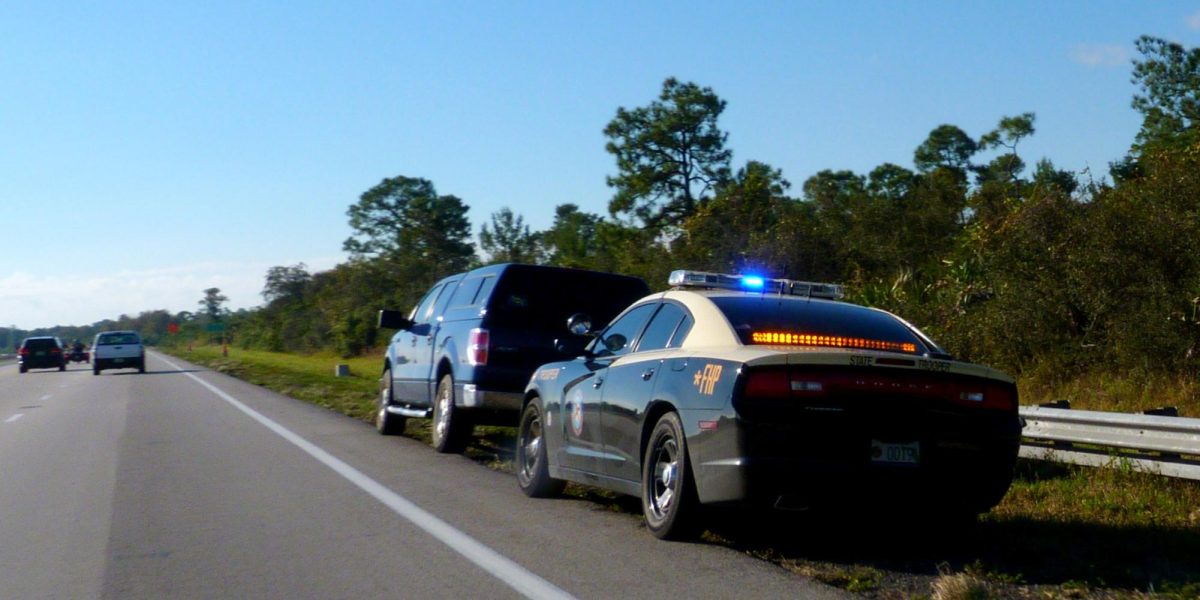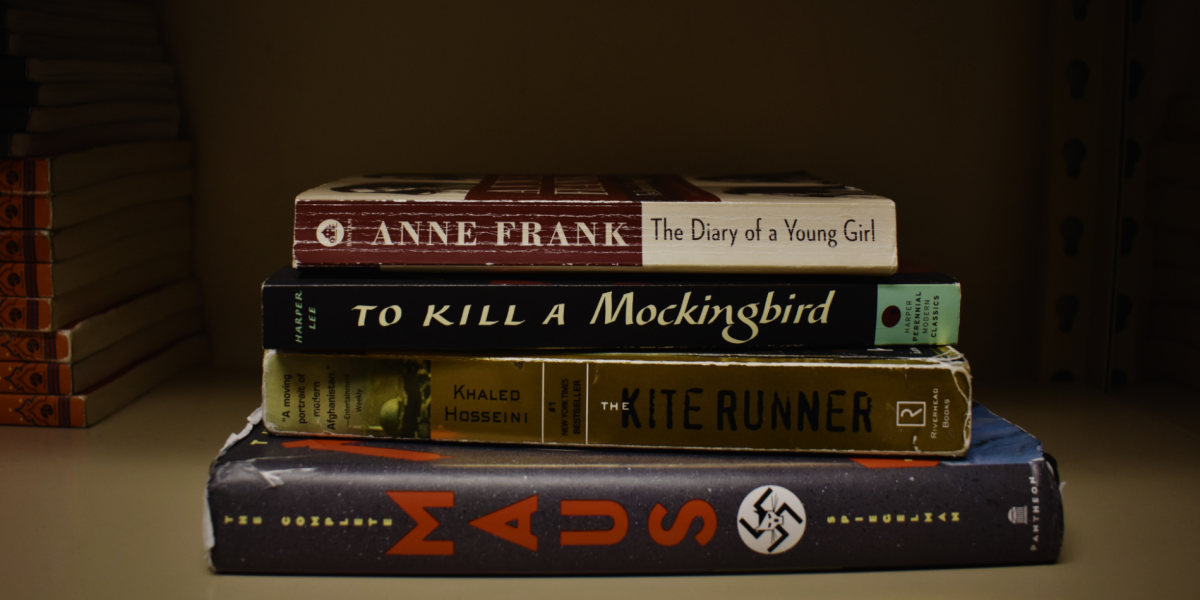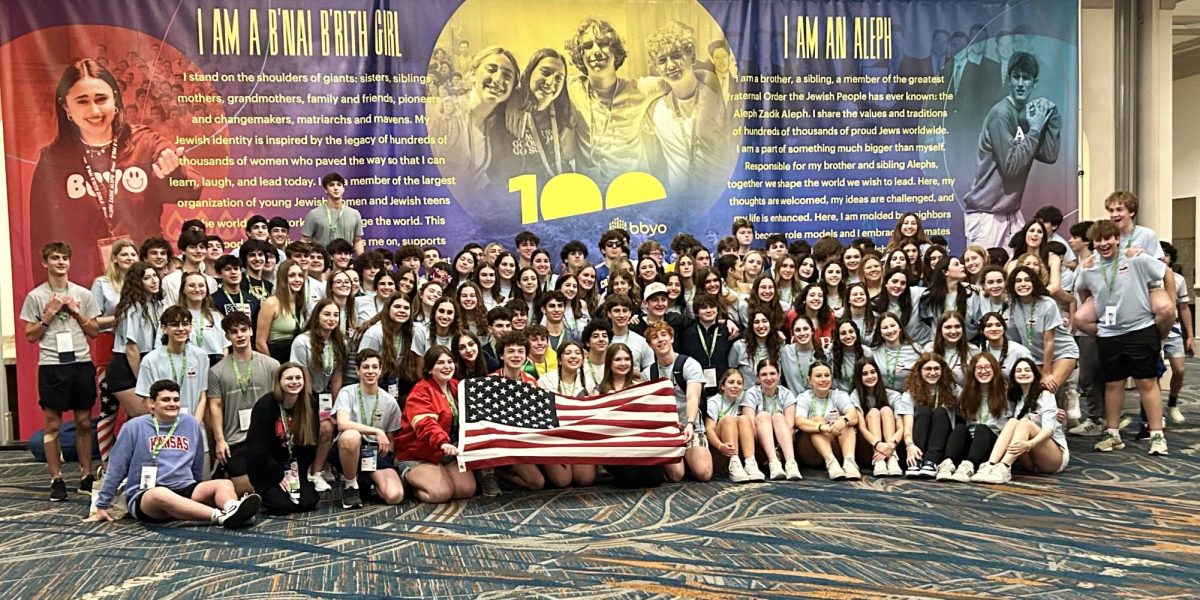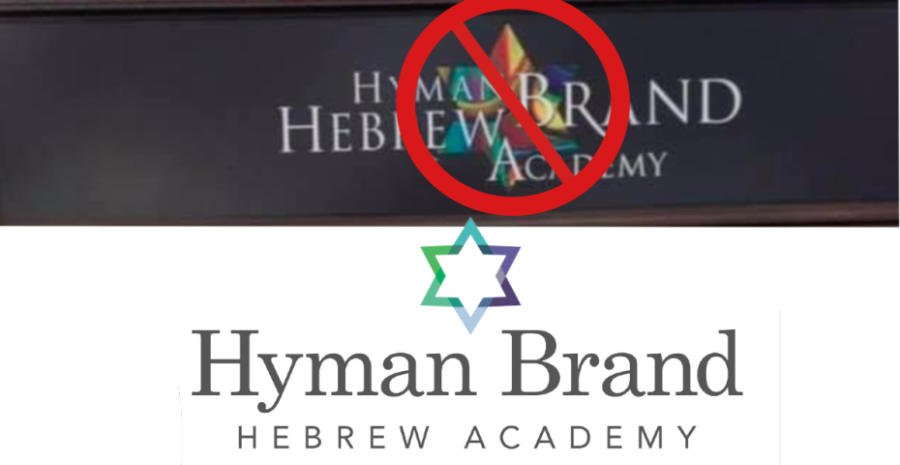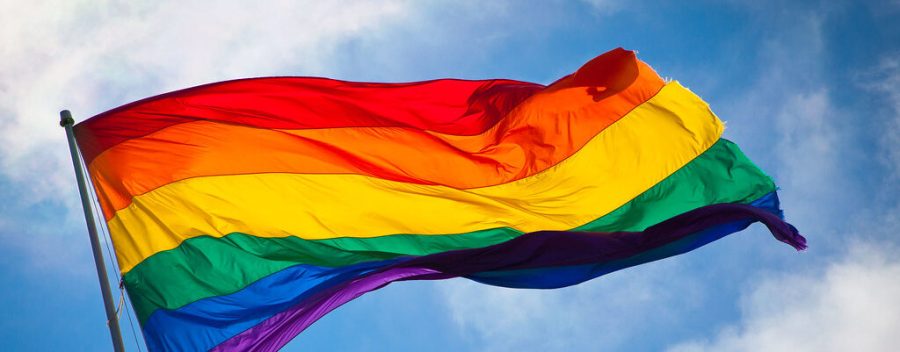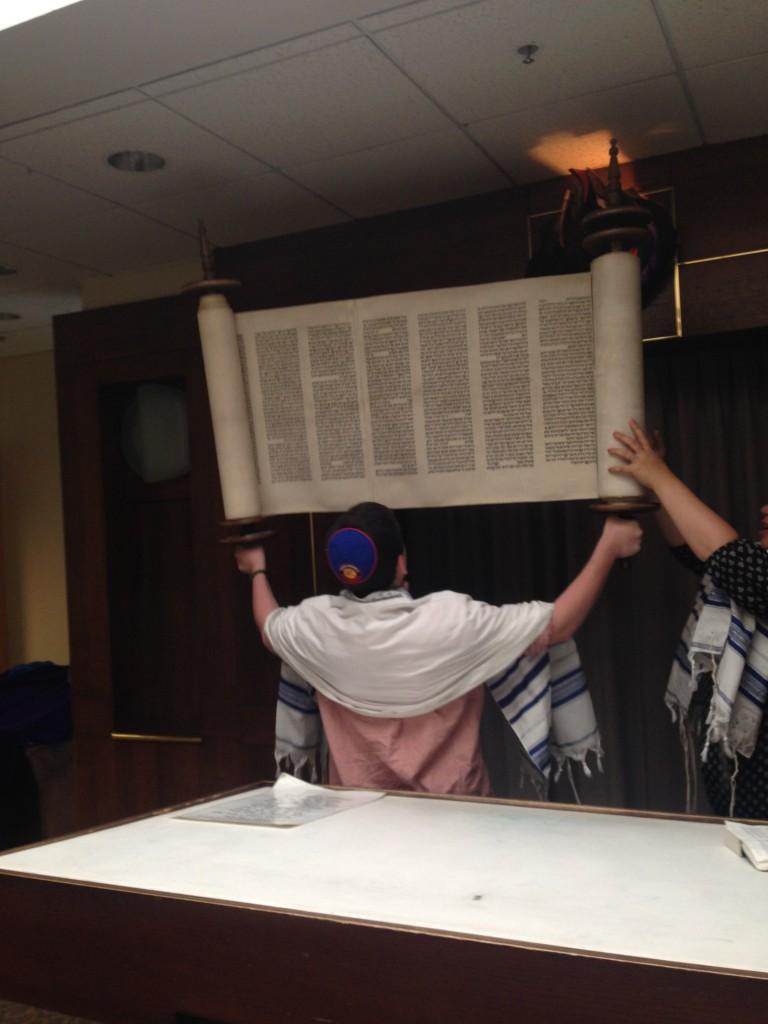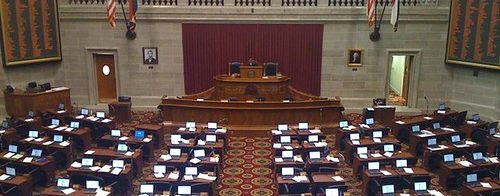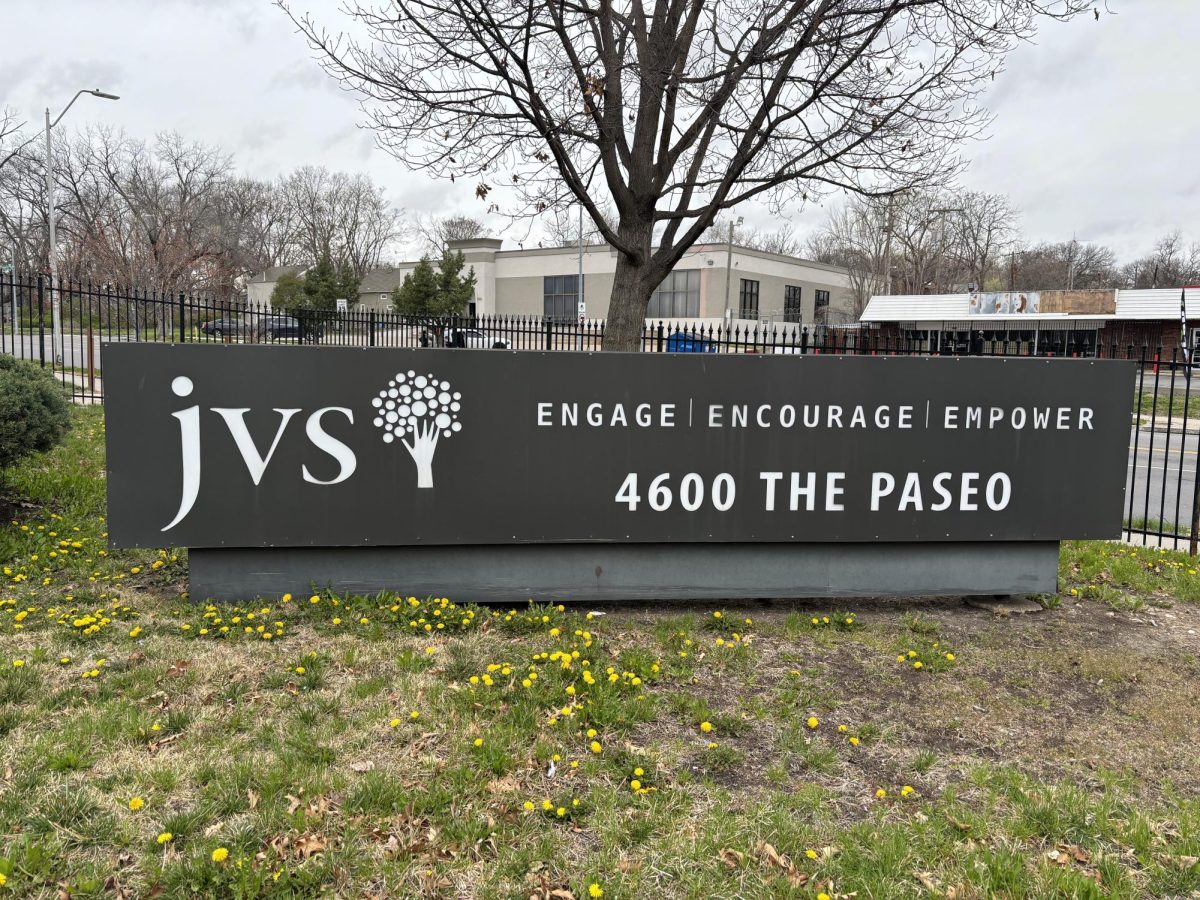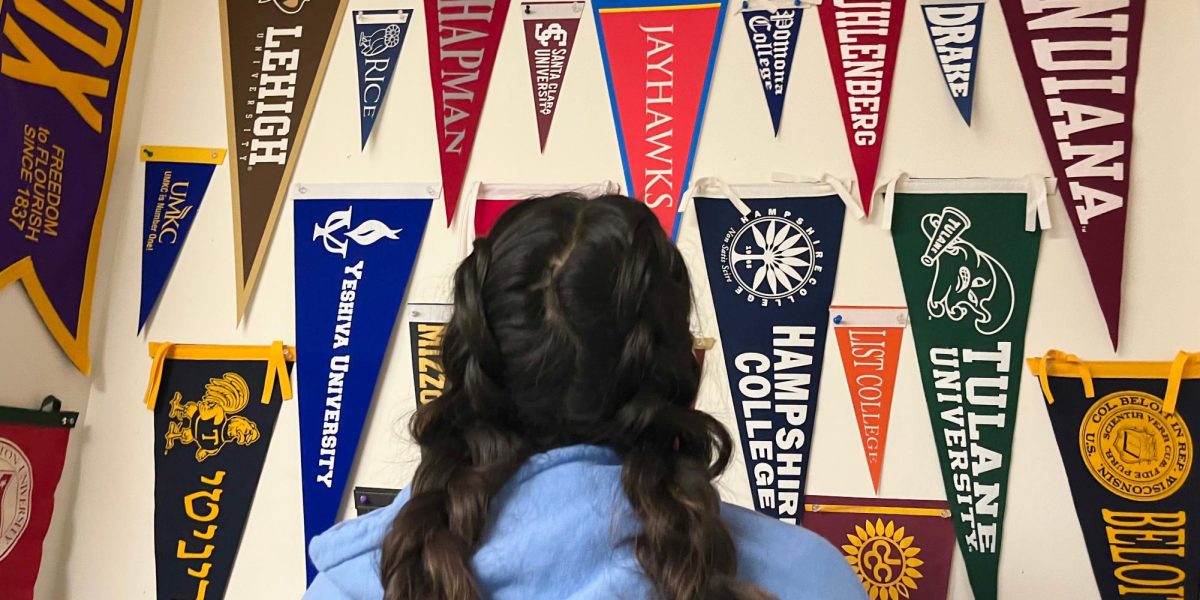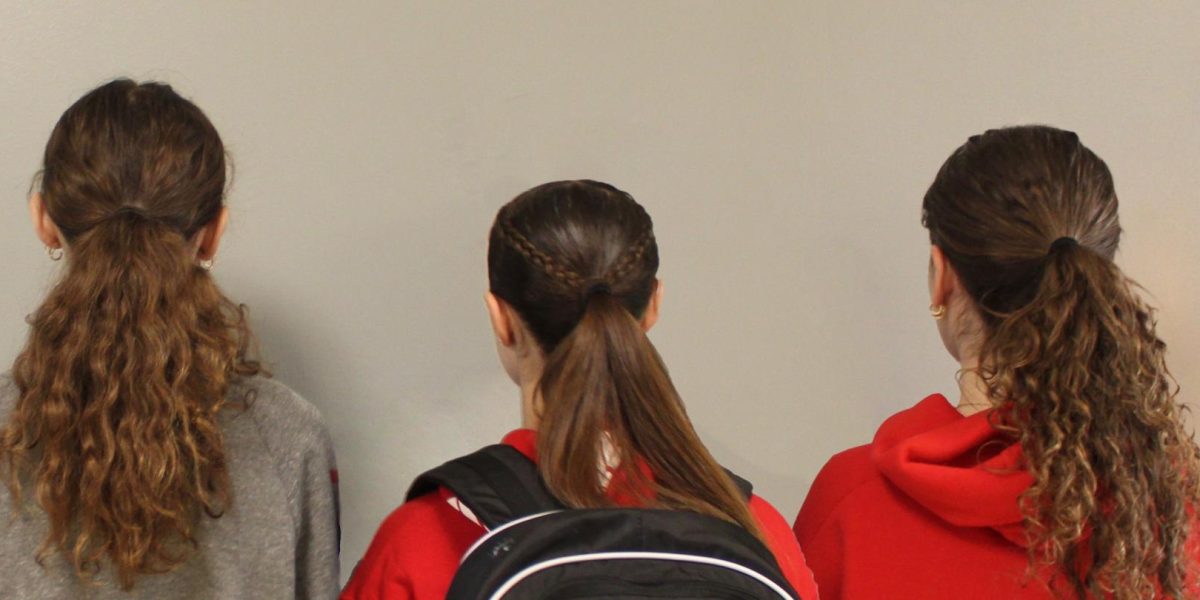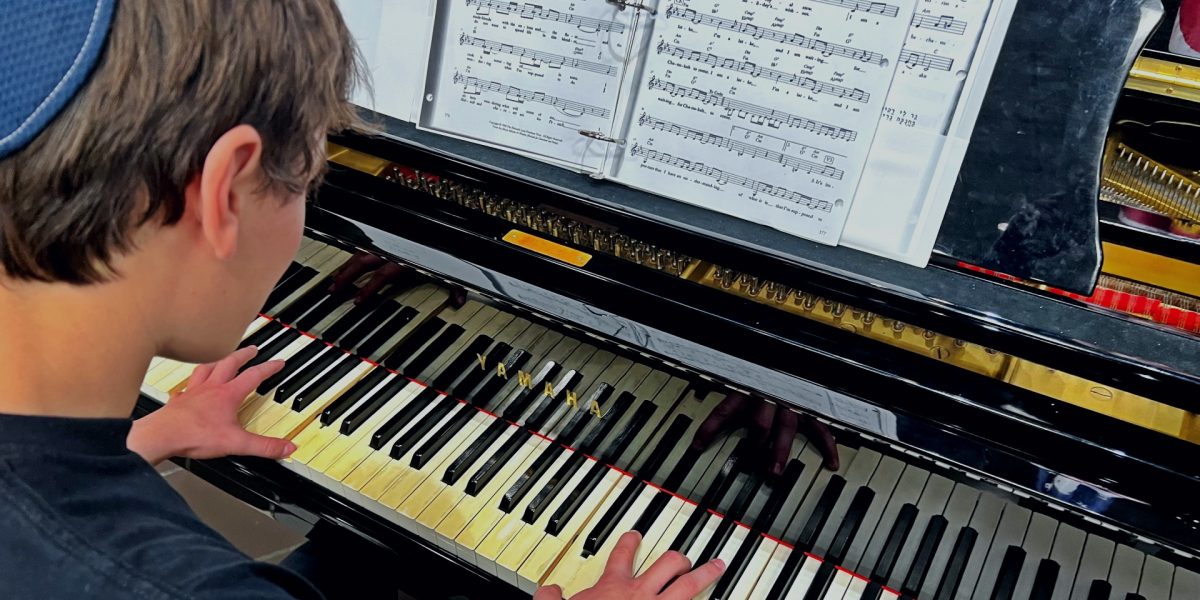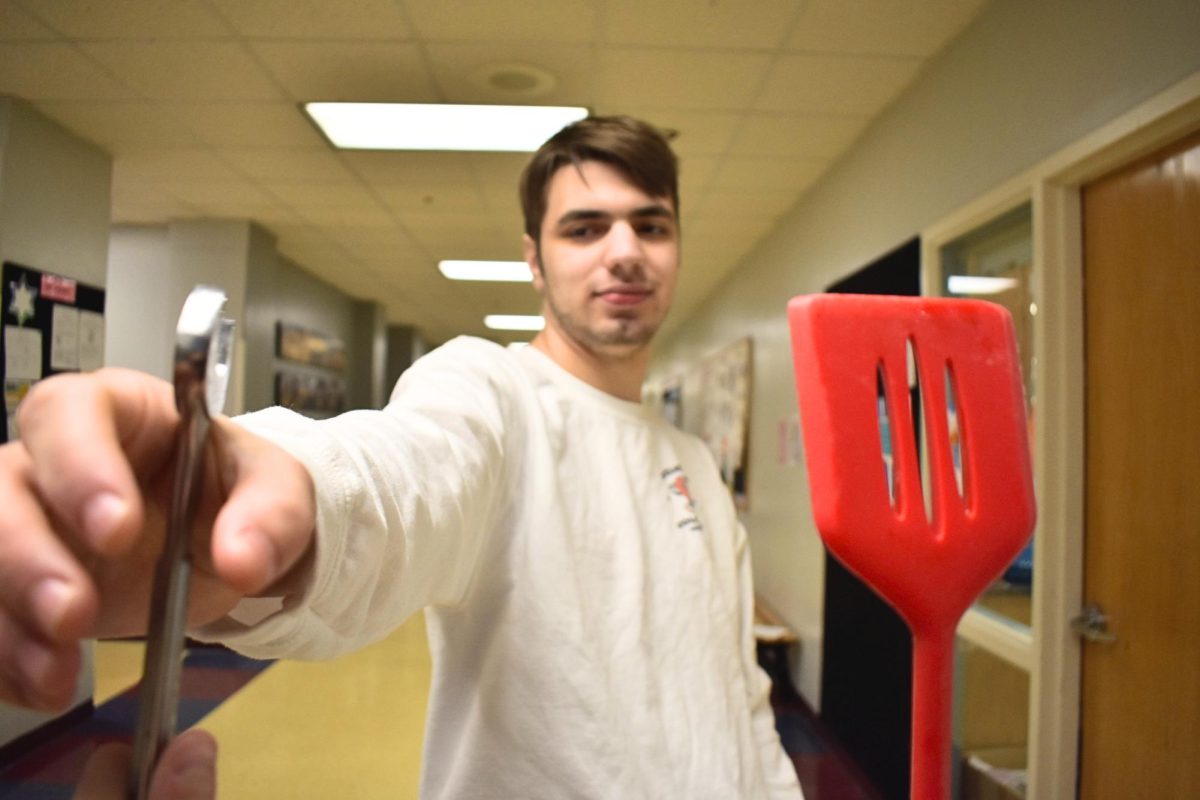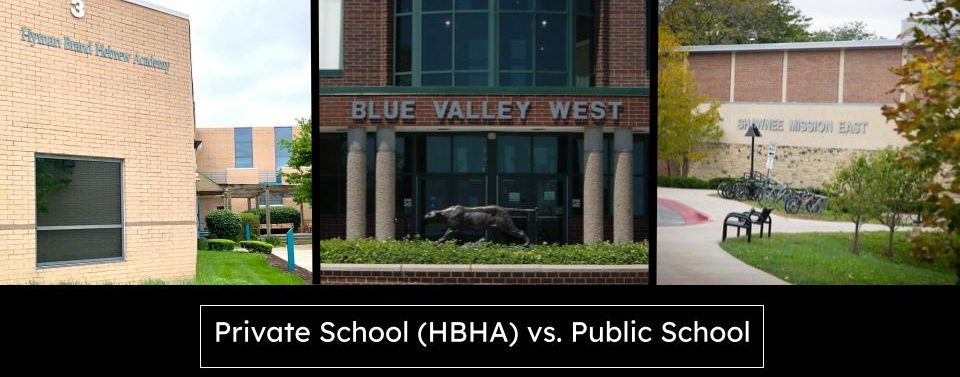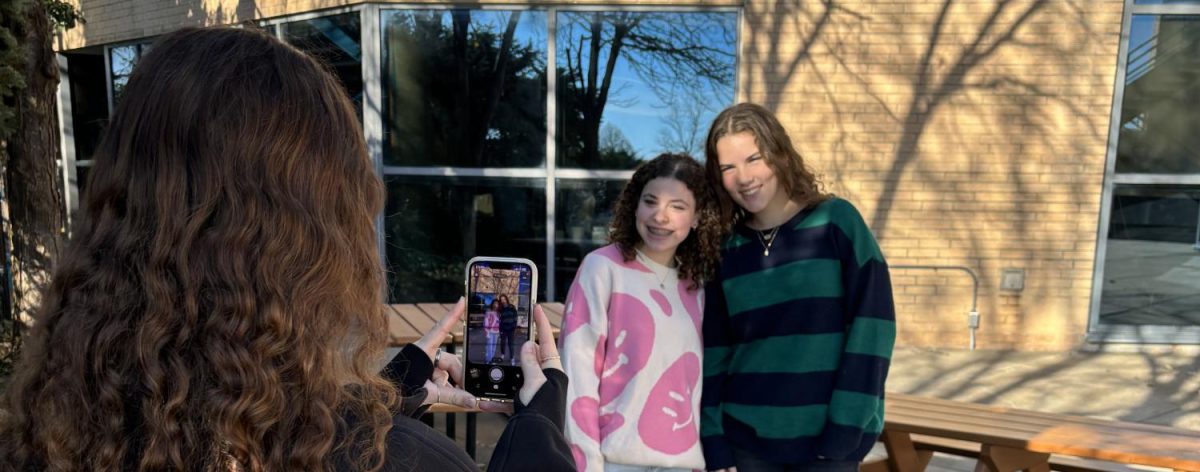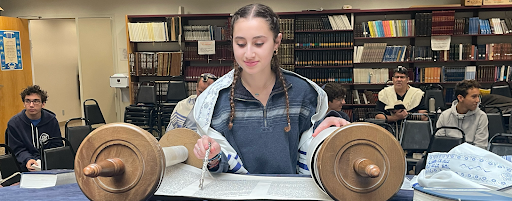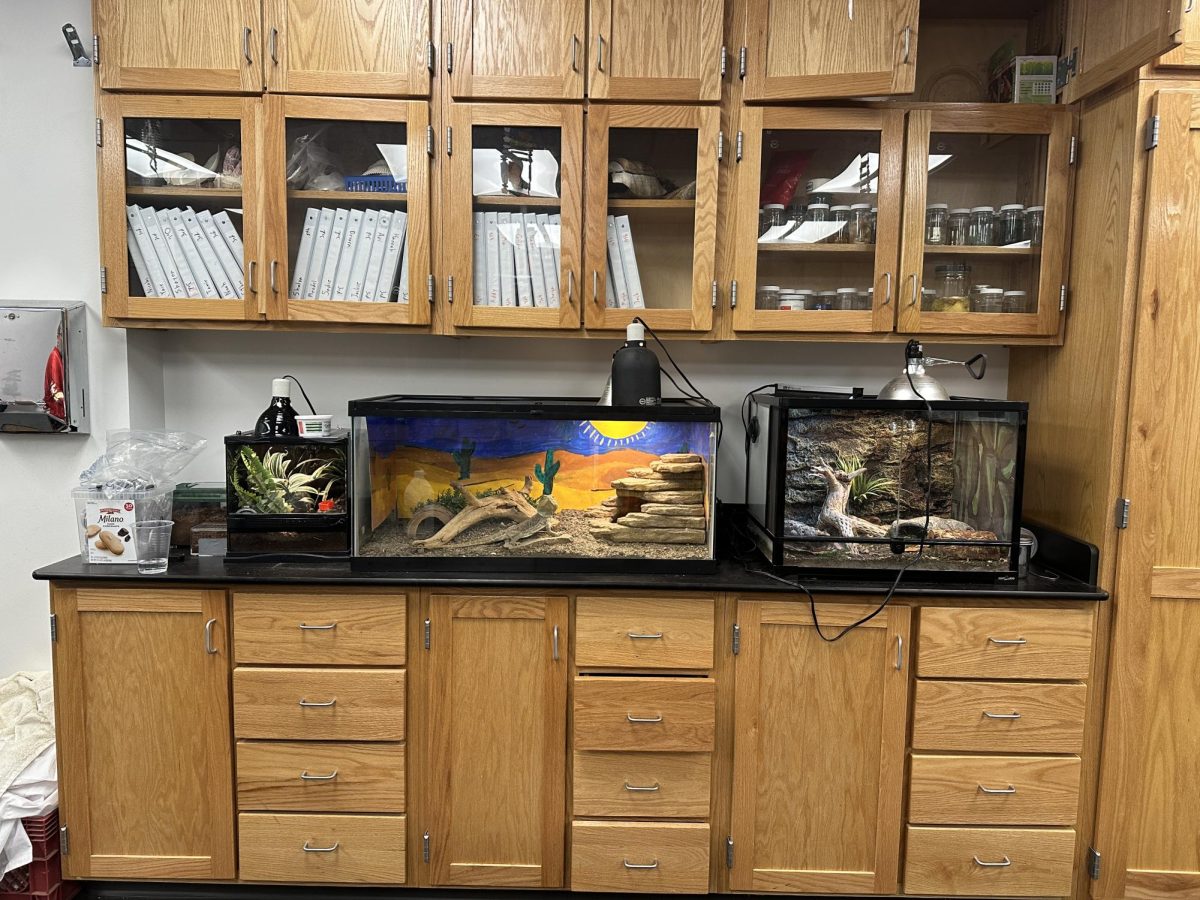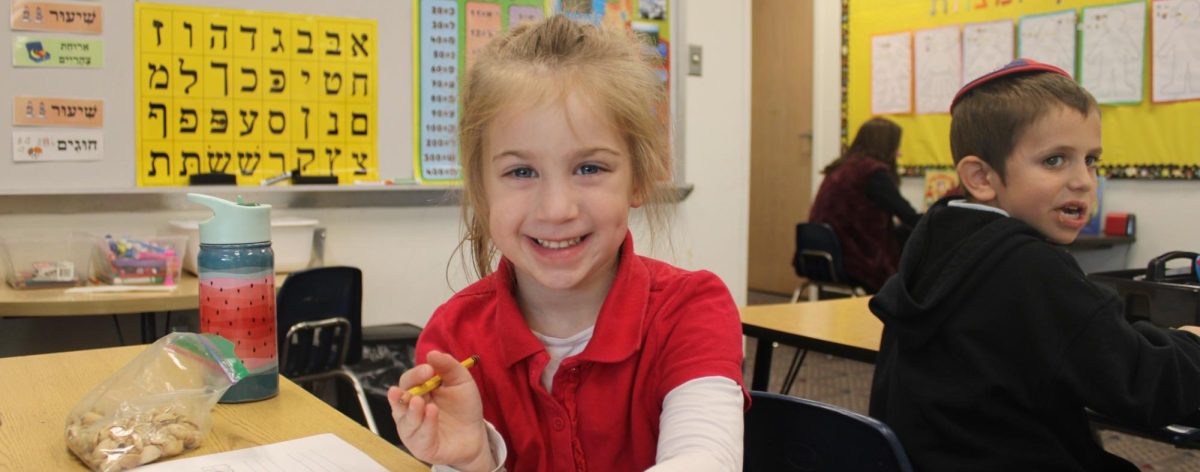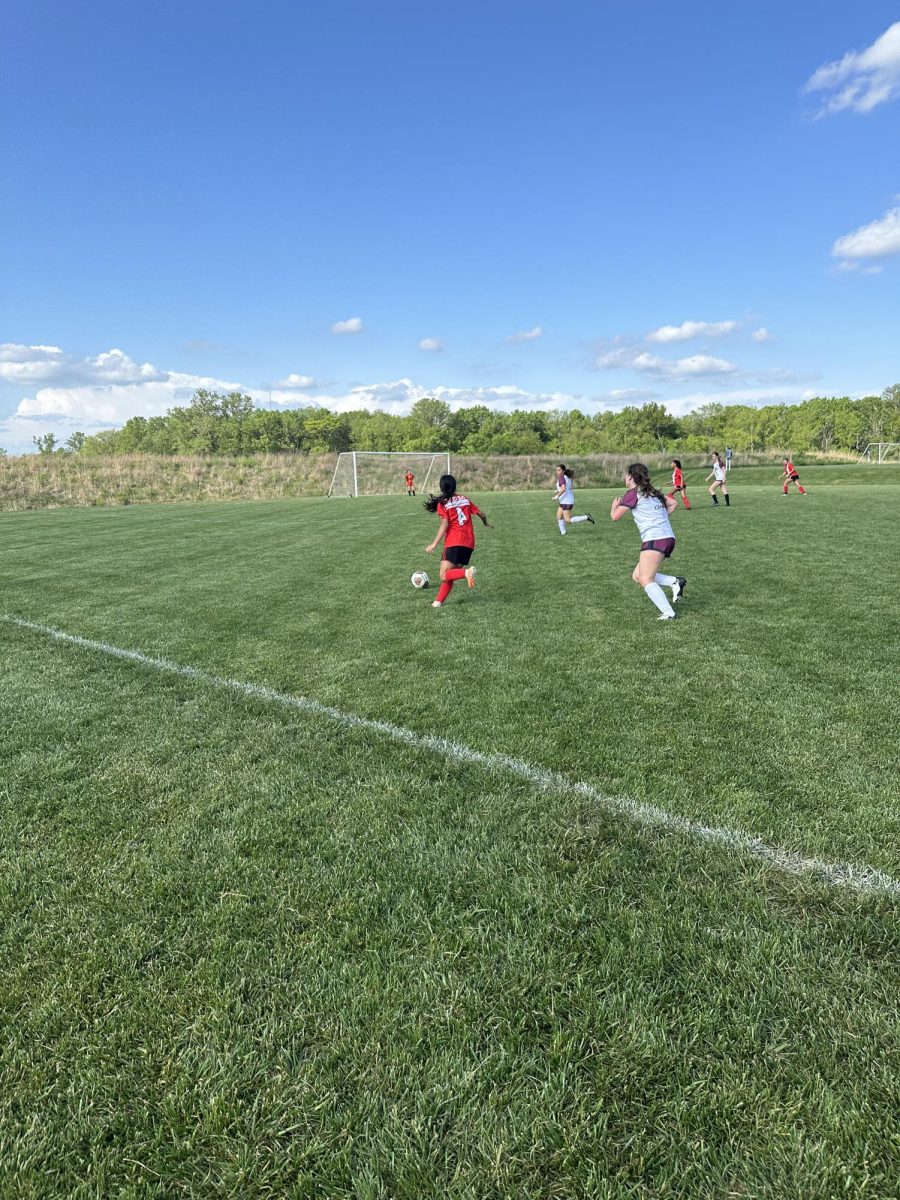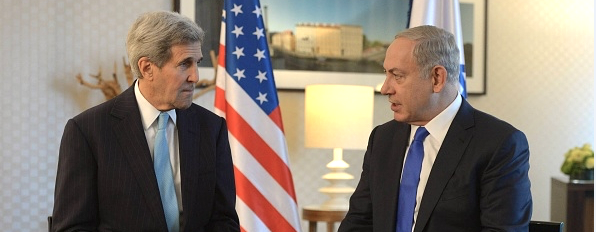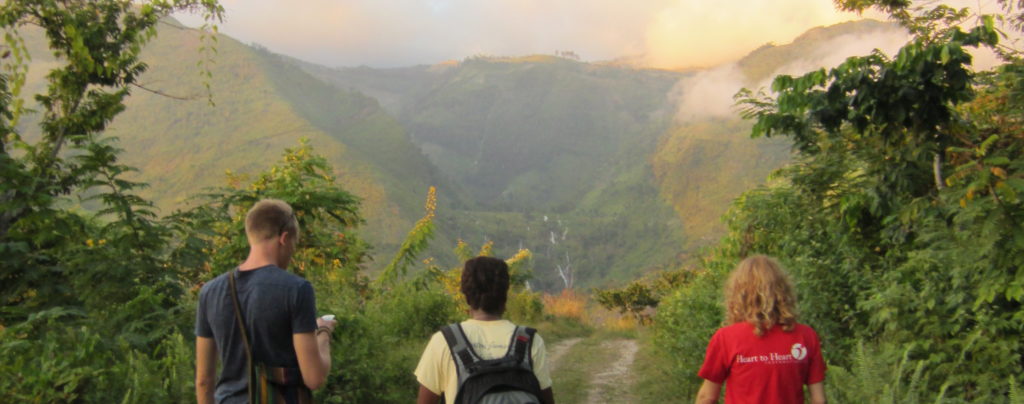ISRAEL- In the past month, there have been over 60 deaths in and around Israel due to clashes and terror attacks. These series of attacks, nicknamed the “Al-Quds Intifada,” according to many Palestinians, or “Wave of Terror,” according to many Israelis, have left a sense of fear and anger in Israel, Gaza, and the West Bank.
Since the beginning of October, the number of attacks has risen weekly. These attacks have been random in nature;and independent of terrorist organizations; Israeli police are rarely able to prevent them in advance. The unpredictability of the attacks has caused an increased sense of caution in Israel.
David Robinow, an HBHA alumnus currently studying at Yeshivat Ashreinu in Beit Shemesh, Israel, describes how the terror has affects his daily life. He explains that everyone who goes into the old city of Jerusalem has to be screened for Israeli citizenship, and that most yeshivas will not allow students into Jerusalem at all past a certain time in the afternoon. “The whole nightlife is dead,” says Robinow.
“This morning,” he continues, “there was a stabbing within ten minutes walking of my school. But every piguah (Hebrew word for terror attack) has of course impacted me. The same way the injustices of the 1960s in regard to racism affected all black people, I am affected now. People are dying because they are like me. Because they are near me. There is no difference between me and the eighteen-year-old leaving shul who was stabbed close to my home.”
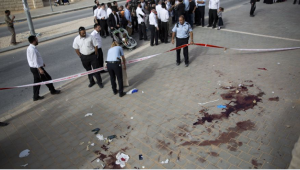
Almost all of these terror attacks have been fueled by hate or anger between Israeli Jews and Arab-Israelis and Palestinians (residents of Israel, Gaza, or the West Bank that lack Israeli citizenship). In September, a series of clashes and increased restrictions on the Temple Mount (a holy site for Muslims and Jews) led to several civilian conflicts.
Mahmoud Abbas, the President of the state of Palestine, warned on 22 Sept. of the “risk of an intifada we don’t want,” and a week later accused Israel of using “brutal force to impose its plans to undermine the Islamic and Christian sanctities in Jerusalem.” Abbas announces that he will no longer abide by previous Palestinian-Israeli agreements. Prime Minister of Israel Benjamin Netanyahu called to begin negotiations with Palestinian leaders in a speech to the United Nations on 1 Oct. However, for most of October, any negotiations seemed unlikely.
Abbas spoke on 6 Oct. to the United Nations general assembly. “[Palestinians] will not agree to the continuation of the situation on our lands, nor to the policy of occupation and aggression of Israel and its settlers who are terrorizing our people, homes, trees, holy places and who execute our boys in cold blood, as they did with the boy Ahmed Manasra and other children in Jerusalem and other places…We will continue our national struggle, which is based on self-defense.”
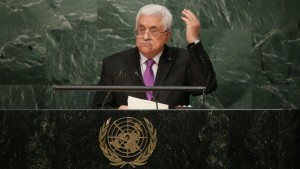
The Israeli Knesset responded quickly. Netanyahu’s PMO (Prime Minister’s Office) stated: “The boy he is referring to is alive and hospitalized in Hadassah [hospital] after stabbing an Israeli child who was riding his bicycle.” Representatives from both left and right-wing Knesset parties, including Yesh Atid, The Zionist Union, and Likud, criticized Abbas’ use of misleading information to try incite terror.
Yair Lapid, the leader of Yesh Atid, denounced Abbas at a news conference on Oct. 15. “Instead of calming the situation and condemning the despicable terrorists who are trying to murder innocent Israelis, Abbas chose to mount a miserable performance showing lack of leadership and cowardice of the lowest level,” he said. “Terrorists should know that Israel will stand strong and fight terrorism anywhere, anytime and with great force.”
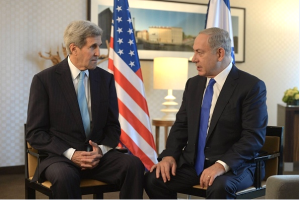
U.S. Secretary of State John Kerry met with Prime Minister Netanyahu on the 22nd of October and discussed potential solutions to the terror. Kerry urged Netanyahu to reduce his aggressive tones that many American officials worry could be inciting violence. Kerry then met with Abbas and King Abdullah of Jordan on 24. October to discuss further resolutions. Kerry said that Netanyahu, Abbas, and Abdullah were willing to take steps toward peace, including maintaining the status-quo on the Temple Mount, adding 24-hour surveillance, and setting up meetings between Israeli and Jordanian security officials. Kerry hopes to stop the false assumptions of Palestinians and Israelis. “Those perceptions,” he said, according to the Wall Street Journal, “are stoking the tensions and fueling the violence, and it is important for us to end the provocative rhetoric and to start to change the public narrative that comes out of those false perceptions.”
Robinow agrees about the problem of inciting hate between Israelis and Palestinians. “The hatred is on both sides,” he says. “Honestly, it creates a better reason for Israelis to further their adverse thoughts of Arabs, and again this furthers my country from peace. Again children must clench their fists as they pass a human of another color, and again a country has fallen victim to fear intentionally placed in the minds of the youth to flower into hate.”


